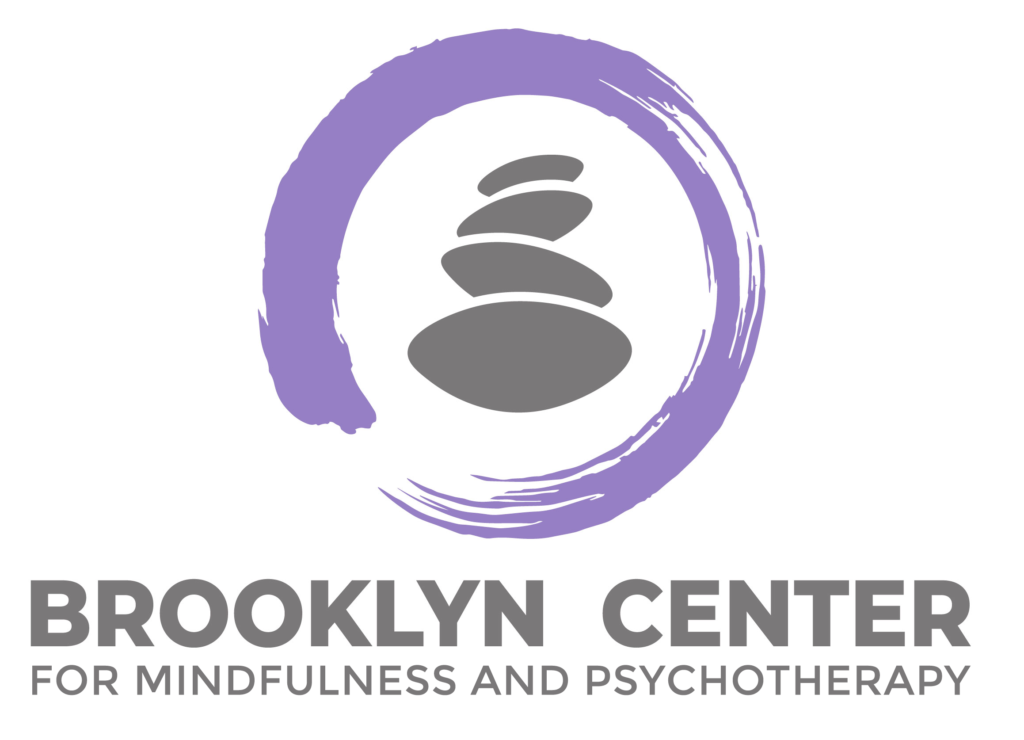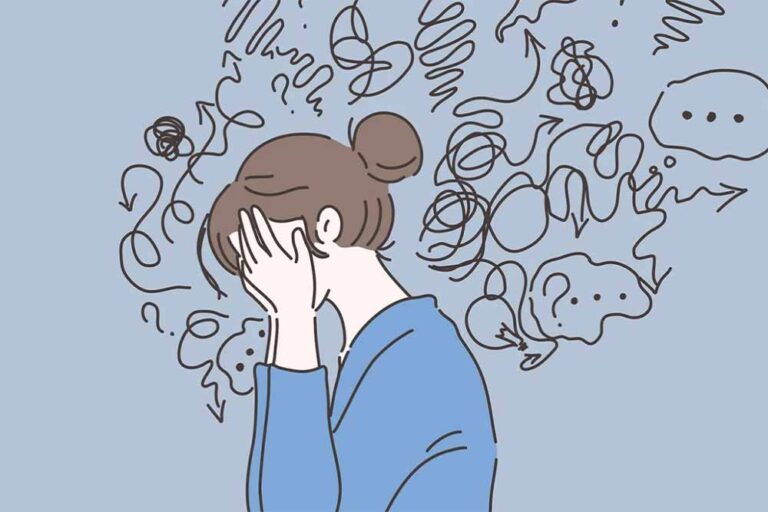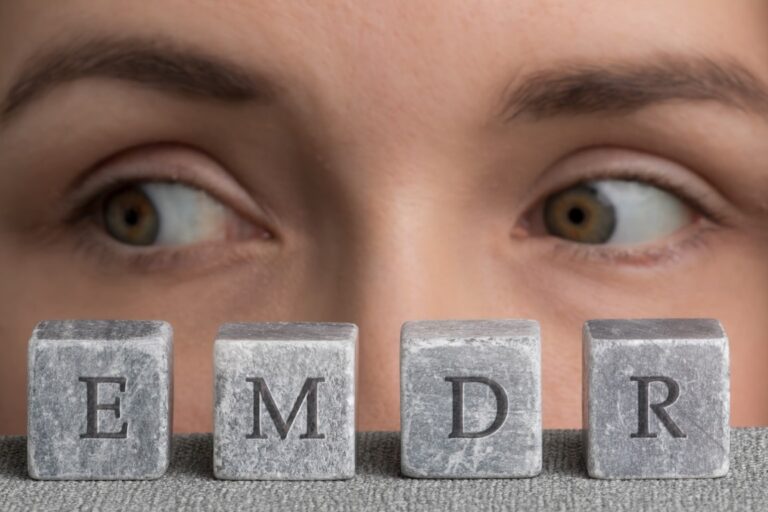Welcome to our blog! In the bustling city of New York, where the pace of life can often feel overwhelming, it’s essential to equip ourselves with practical strategies for managing anxiety. In this article, we delve into the depths of understanding stress and provide you with valuable tools to navigate its symptoms. Whether seeking insights into the causes of anxiety or seeking actionable steps to take control of your mental well-being, our comprehensive guide will empower you to embrace a calmer, more balanced life. Join us as we explore the path to managing anxiety and reclaiming your peace of mind in the vibrant backdrop of the city that never sleeps.
What is Anxiety?
Anxiety is a common mental health condition characterized by worry, fear, and nervousness. It can manifest in physical symptoms such as sweating, trembling, and heart palpitations. While everyone experiences anxiety occasionally, it becomes a disorder when it interferes with daily life. In New York, various resources are available for those struggling with anxiety, including therapy, support groups, and medication. Seeking help is vital as anxiety can significantly impact overall well-being and quality of life.
Signs and Symptoms of Anxiety
Anxiety can manifest in various ways, and the signs and symptoms may vary from person to person. However, here are some common signs and symptoms of stress that people in New York or anywhere else may experience:
- Excessive worrying: Persistent and uncontrollable worry about various topics, such as work, relationships, health, or everyday responsibilities.
- Restlessness: Feeling on edge, restless, or unable to relax. Often accompanied by a sense of irritability or feeling easily agitated.
- Difficulty concentrating: Trouble focusing, experiencing mind blanks, or making decisions challengingly. Anxiety can make it hard to concentrate on tasks or absorb new information.
- Physical symptoms: Anxiety can have physical manifestations, such as muscle tension, headaches, stomachaches, racing heartbeat, shortness of breath, sweating, trembling, or lightheadedness. Some people may even experience panic attacks, which involve sudden and intense fear and discomfort.
- Sleep disturbances: Anxiety can disrupt sleep patterns, leading to difficulty falling asleep, staying asleep, or having restless and unsatisfying sleep. It may also cause nightmares or intrusive thoughts that disrupt sleep.
- Avoidance behavior: Anxious individuals may avoid situations or places that trigger their anxiety. This can include social problems, crowded areas, public speaking, or conditions perceived as potentially threatening or embarrassing.
- Excessive self-consciousness: Feeling excessively self-conscious, overly concerned about judgment or criticism from others, and fearing embarrassment or humiliation in social situations.
- Changes in appetite: Anxiety can lead to changes in appetite, resulting in either overeating or loss of appetite. Some individuals may turn to comfort foods as a coping mechanism.
- Emotional distress: Feeling overwhelmed, having a sense of impending doom, or experiencing frequent feelings of unease, fear, or panic. Anxiety can also contribute to irritability, mood swings, or a general sense of being on edge.
- Impaired functioning: Anxiety can significantly impact daily functioning and quality of life. It may interfere with work or school performance, relationships, and well-being.
Risk Factors for Anxiety
Several risk factors can contribute to anxiety in individuals living in New York or any other location. While not exclusive to New York, the following factors are commonly associated with increased anxiety levels:
- Stressful environment: Living in a fast-paced and highly competitive city like New York can contribute to chronic stress. The constant pressure to succeed, long working hours, traffic congestion, and crowded living conditions can all increase the risk of developing anxiety.
- Financial pressures: New York is known for its high cost of living. Financial stress, including high rent prices, student loan debt, and job insecurity, can significantly impact an individual’s mental well-being and contribute to anxiety.
- Urban lifestyle: The urban lifestyle, characterized by noise pollution, limited green spaces, and a lack of personal space, can be overwhelming for some individuals. The constant stimulation and lack of opportunities for relaxation and connection with nature can increase anxiety levels.
- Social isolation: Despite being densely populated, many people in New York experience loneliness and social isolation. The fast-paced lifestyle and limited time for social activities can make it challenging to build and maintain meaningful social connections. Social isolation is a known risk factor for anxiety.
- Traumatic events: Experiencing or witnessing traumatic events, such as accidents, crimes, or acts of terrorism, can significantly impact mental health and increase the risk of anxiety disorders. As a major city, New York has unfortunately been the site of various traumatic events.
- Prevalence of mental health stigma: Although awareness of mental health issues is increasing, there can still be a stigma associated with seeking help for mental health problems. The fear of being judged or stigmatized may prevent individuals from seeking appropriate support, exacerbating anxiety symptoms.
Managing Anxiety with Psychotherapy
Psychotherapy is an effective tool for managing anxiety in New York. Anxiety is a common mental health issue that various factors, including stress, trauma, and genetics, can cause. Psychotherapy aims to help individuals understand and manage their anxiety by identifying the underlying causes and developing coping strategies.

Several types of psychotherapy can be used to treat anxiety, including cognitive-behavioral therapy (CBT), exposure therapy, and mindfulness-based therapies. CBT is one of the most commonly used therapies for anxiety and focuses on changing negative thought patterns and behaviors. Exposure therapy involves gradually exposing individuals to their fears in a controlled environment to help them overcome them. Mindfulness-based treatments aim to teach individuals how to stay present at the moment and reduce their symptoms of anxiety. With the help of a trained therapist, individuals with anxiety can learn how to manage their symptoms and improve their quality of life.
Medications for Anxiety
Anxiety is a common mental health issue affecting millions across the United States, including New York. Fortunately, several medications are available to help manage anxiety symptoms and improve overall quality of life.
Some of the most commonly prescribed medications for anxiety in New York include benzodiazepines, selective serotonin reuptake inhibitors (SSRIs), and serotonin-norepinephrine reuptake inhibitors (SNRIs). Benzodiazepines enhance the effects of a neurotransmitter called gamma-aminobutyric acid (GABA), which helps calm the nervous system. SSRIs and SNRIs, on the other hand, work by increasing levels of certain neurotransmitters in the brain, such as serotonin and norepinephrine, which can improve mood and alleviate anxiety symptoms. It is important to note that these medications should only be taken under the guidance of a healthcare professional who can monitor their use and adjust dosage as needed.

Self-Help Strategies for Anxiety
If you’re looking for self-help strategies to manage anxiety in New York, there are several techniques and resources you can explore. Remember that these strategies can complement professional help, but they may not substitute for it if your anxiety is severe or interfering with your daily life. Here are some self-help strategies you can try:
- Deep breathing and relaxation techniques: Practice breathing exercises to calm your body and mind. Techniques like diaphragmatic breathing, progressive muscle relaxation, or guided imagery can help reduce anxiety levels.
- Regular exercise: Physical activity can help reduce anxiety and promote well-being. Consider incorporating walking, jogging, yoga, or cycling into your routine. New York has plenty of parks and fitness facilities that offer opportunities for exercise.
- Mindfulness and meditation: Mindfulness-based practices can help you stay present and manage anxious thoughts. Consider joining a meditation group or using mindfulness apps that provide guided meditation sessions.
- Self-care and stress management: Prioritize self-care activities that help you relax and recharge. This could include getting enough sleep, eating a balanced diet, practicing good sleep hygiene, and engaging in activities you enjoy, such as hobbies, reading, or spending time with loved ones.
- Support networks and therapy groups: Seek out New York support networks or therapy groups that focus on anxiety. Connecting with others who are going through similar experiences can provide valuable support and coping strategies. Online communities, local mental health organizations, or therapist directories can help you find these groups.
- Limiting exposure to triggers: Identify triggers that contribute to your anxiety and limit your exposure to them. For example, if crowded places increase stress, plan outings during less busy times or explore alternative activities.
- Cognitive-behavioral techniques: Learn about cognitive-behavioral therapy (CBT) techniques, which can help you identify and challenge negative thought patterns contributing to anxiety. Consider working with a therapist specializing in CBT or using self-help resources such as books or online courses.
- Time management and organization: Creating structure and routines in your daily life can help reduce anxiety. Break down tasks into manageable steps, prioritize them, and use tools like planners or digital apps to stay organized.
- Limiting caffeine and alcohol intake: Both caffeine and alcohol can exacerbate anxiety symptoms. Consider reducing or eliminating these substances from your diet, especially if they worsen your anxiety.
- Seeking professional help: If your anxiety persists or significantly impacts your life, consider seeking help from a mental health professional. They can provide personalized strategies, evaluate your symptoms, and determine if additional treatment options, such as therapy or medication, are necessary.
Conclusion
In conclusion, understanding anxiety deeply and implementing effective strategies to manage its symptoms is crucial for leading a balanced and fulfilling life. At Brooklyn Mindful in New York, you can find the guidance and support needed to navigate this challenging journey. By embracing mindfulness techniques, seeking professional help, engaging in self-care practices, and building a solid support network, you can reclaim control over your anxiety and foster inner peace. Remember, you are not alone in this battle. Reach out to Brooklyn Mindful today to embark on your path toward healing and empowerment.




